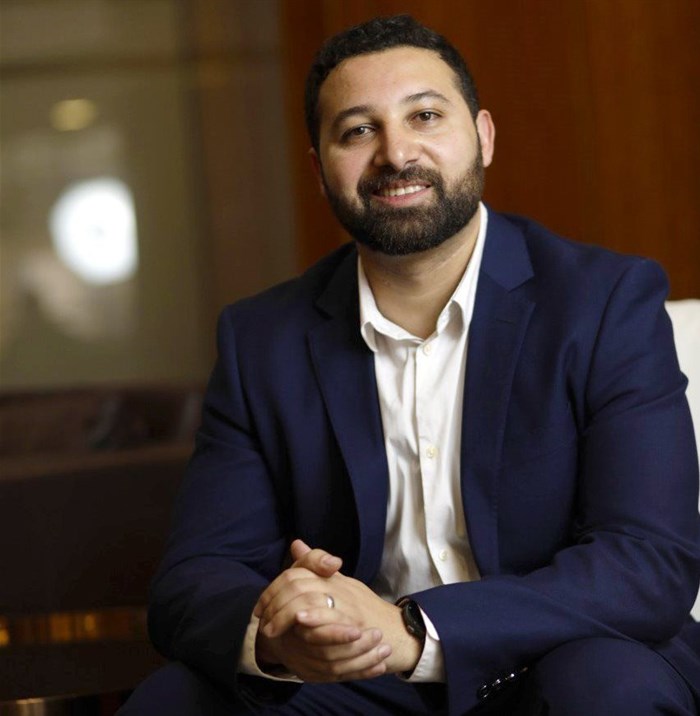Trending




 Sabre EMEA 2024 Awards: Razor PR, Retroviral top SA agenciesDanette Breitenbach
Sabre EMEA 2024 Awards: Razor PR, Retroviral top SA agenciesDanette Breitenbach
#BizTrends2023: In 2023, venture builders will be SA's new VCs

South Africa doesn’t need more unicorns. What we need as a country is sustainable businesses, which will then provide sustainable jobs, which will then create the future customers for South African businesses. By identifying and investing in sound and innovative startups which can then scale and grow aggressively to be sustainable, we start creating valuable permanent jobs.
Startup businesses fail for two reasons: a lack of mentorship, and a lack of funding. VCs give funding, but no mentorship. Incubators give mentorship, but no funding. VBs bridge the gap by getting hands-on and dirty with the businesses they invest in, which gives them a far greater chance of succeeding – and that’s exactly what South Africa needs right now as we look to build the economy and grow employment.
The challenge facing VCs
The challenge with VCs is that they are risk-averse by nature. To ensure they get a return on their investments back, they demand evidence of certain revenue levels, or a track record of having been in business for three years. The bar is set high.
The problem is that through their own stringent criteria, VCs have effectively dried up the ‘validity watering hole’. There’s a huge gap between early-stage startups and the more established startups that they’re generally prepared to invest in. And because around 50% of startups fail within the first two years, many potential candidates – who could have succeeded with the right funding and guidance - have already fallen by the wayside. That’s bad news for both the VCs and for South Africa’s small businesses.
How VBs are changing the game
There are three key areas where VBs are transforming the startup model. Firstly, they’re helping the startup refine its product offerings to meet the specific needs of its markets. Lack of product-market fit is a major reason why many startups fail. VBs work with the founders to stress-test their products, and determine whether the concept meets the target market needs and if there is a large enough market for it to be a viable business in the long term. This is key to ensuring both sustainability and scalability.
Secondly, they’re increasing speed to market by putting the resources in place to create successful operations. For some startups, this could be as basic as moving them out of the founder’s garage to bigger premises with the right equipment.
And thirdly – and critically – they’re exposing the startups they invest into a world of expertise and collaboration. By exposing the startup to a range of experts from designers and software developers to strategic coaches and experienced founders, VBs are providing the experience that new companies need to grow their ventures to the point where they’re ready to fly the nest, as it were.
Stop, collaborate, and listen
If VCs and VBs were to start working more closely, they could become an incredible force for good in building businesses in South Africa. As it is, VBs are effectively building a pipeline for VCs by creating scalable, sustainable businesses that are ready for VC funding.
On top of that, VBs do much of the groundwork that’s involved in your typical due diligence process. Due diligence is the bane of many VCs’ lives: it’s not unheard of for due diligence processes to take up to six months, often with external parties performing the due diligence at significant cost - only for the parties to walk away from the deal.
When VBs are involved, they have effectively done the due diligence already by assessing the startup’s gaps in their processes and business models and putting the startup in a position where it can take on VC funding.
Ultimately, it’s all about managing risks. Where VCs mitigate their risks by putting tough criteria in place, we as VBs manage risk by getting involved in the day-to-day running of the business to ensure it is successful before we can exit. We then plough those profits into building the next generation of businesses. It’s a different mindset – but we believe there’s space for both. If they work together, VCs and VBs can go a long way towards solving South Africa’s socioeconomic challenges.




